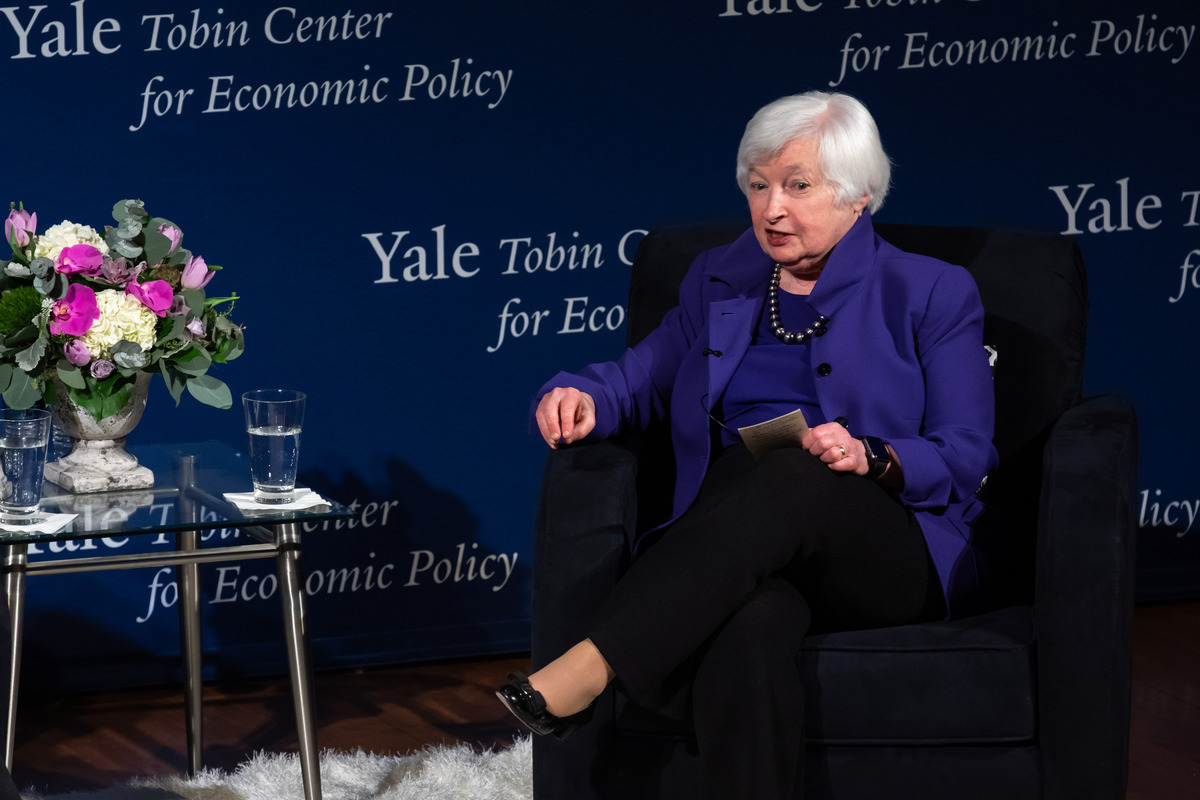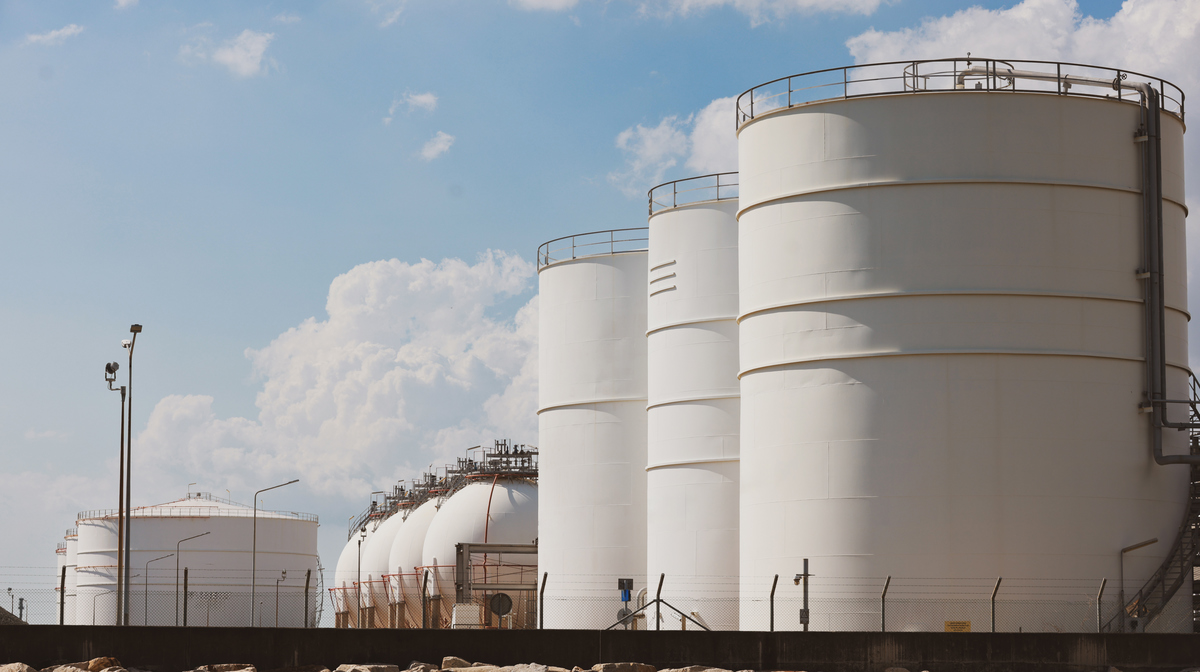OPEC+ output cuts 'bad for global growth', says Yellen – Reuters
US Treasury Secretary Janet Yellen has called OPEC+’s surprise oil production cuts an "unconstructive act" and a “regrettable action”.
 PHOTO: US Treasury Secretary Janet Yellen at a Yale University event. Yale University
PHOTO: US Treasury Secretary Janet Yellen at a Yale University event. Yale University
The Saudi Arabia- and Russia-led OPEC+ output cuts are “not a positive for global growth” and would add to “uncertainty and burdens at a time when inflation is already high,” Yellen said according to Reuters.
She spoke on the sidelines of a Yale University event that she did not expect the OPEC+ production cuts to significantly affect the $60/bbl price cap on Russian seaborne crude oil imports imposed by G7 nations and Australia. According to her, the coalition countries could revisit the level of the price cap if necessary, "but I don't see that that's appropriate at this time."
Several major OPEC+ members have pledged oil production cuts totalling 1.16 million b/d through 2023. These cuts are in addition to the 2 million b/d output cuts announced by the group last October. This would bring the group’s total reductions to 3.66 million b/d this year, or 3.37% of total global oil demand, according to Reuters' estimates.
The sudden and unexpected cuts have raised concerns about tightening oil supplies amid expectations that China's oil demand will grow this year. OPEC+ produced 38.38 million b/d in February, which was 1.72 million b/d below its target.
So far, the US has not proposed any retaliatory measures against the cuts made by OPEC and its allies. Reuters quoted US President Joe Biden as saying the oil price rise is "not going to be as bad as you think."
However, in the past, the US has taken measures to lower crude prices. When Russia's invasion of Ukraine disrupted global oil supply chains and drove Brent to record high levels, the US announced a historic 180 million-bbl drawdown from its Strategic Petroleum Reserves (SPRs). The final 15 million-bbl tranche of the (SPR) sale was announced right after OPEC+ announced 2 million b/d production cuts last October.
SPR releases, however, pushed US emergency reserves below 400 million barrels and to their lowest levels since 1983, provoking fierce opposition. Additionally, considering the US energy secretary's comments that the refill will take "years", the US might be reluctant to release another tranche from its SPRs to bring down prices yet again.
By Konica Bhatt
Please get in touch with comments or additional info to news@engine.online





